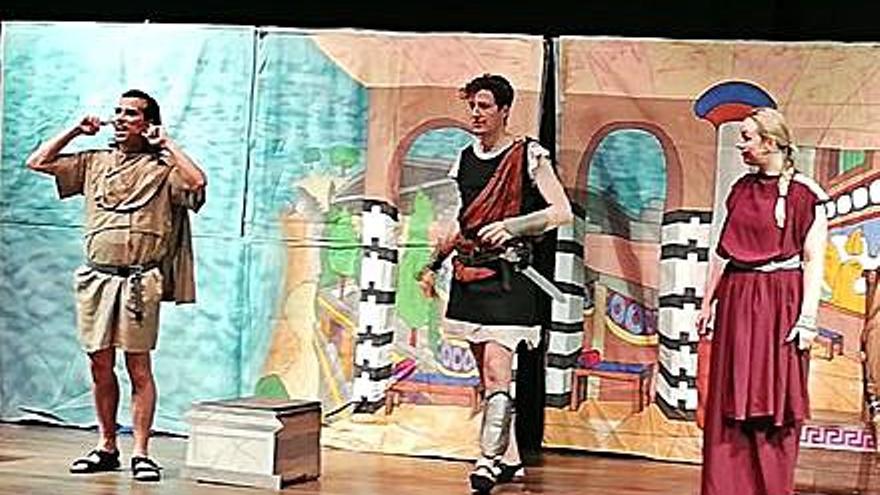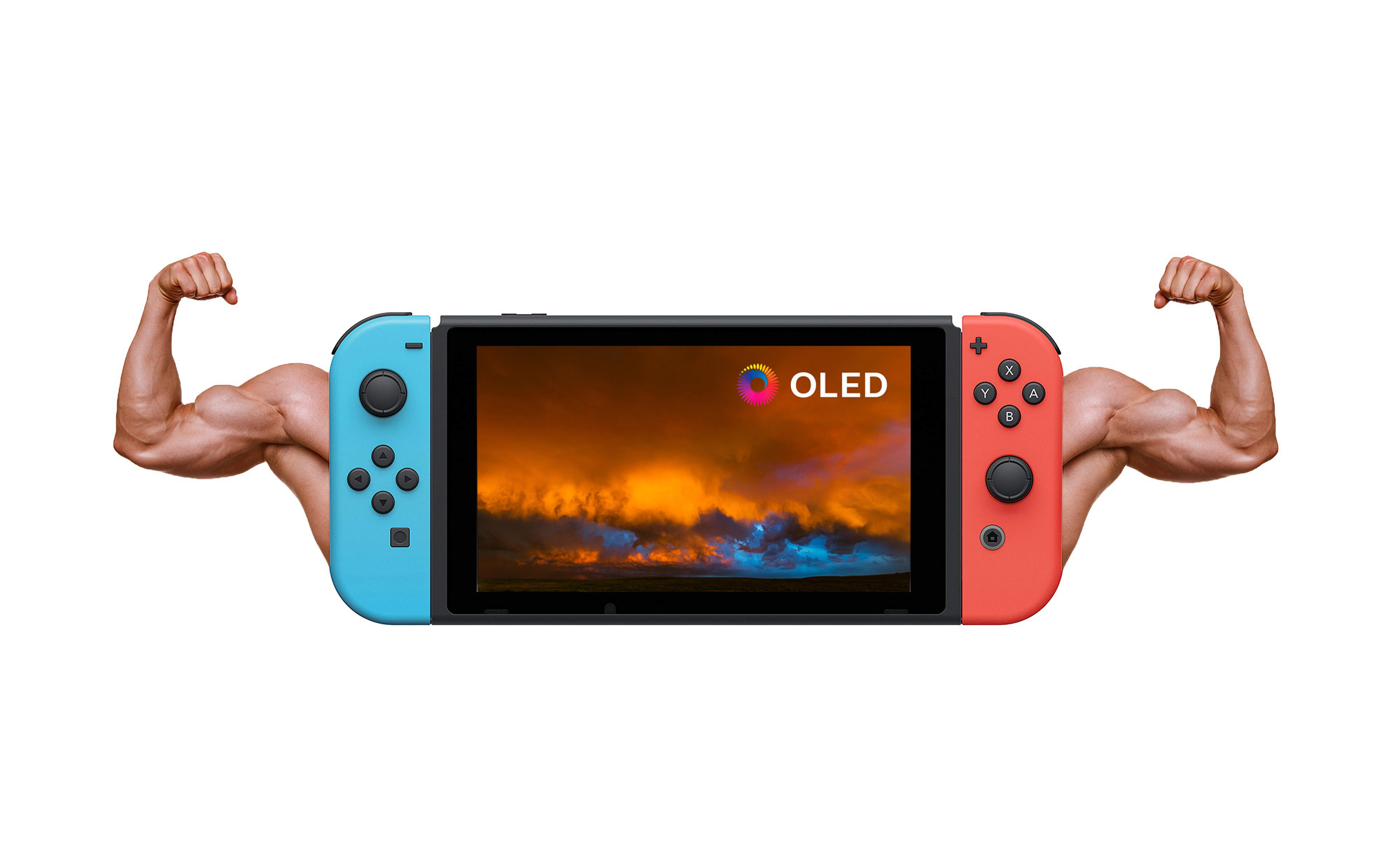Where do you work and what do you do there?
Wauterickx: “I work at Creative Writing, a non-profit organization that helps people who want to write. I myself am working there as an all-round employee. My schedule mainly consists of administrative work such as arranging registrations, organizing courses, participating in projects… Very often it involves computer work.”
How long have you been working there?
“As a paid employee with a permanent contract since August 2020. Before that I was an intern. That internship ran from May 2019 to August 2020. As a ‘real’ worker, so almost a year.
“It is a pleasant job. Apart from explaining tasks more thoroughly, my employer does not have to adjust much for me. It feels right and I don’t see myself leaving right away.”
Is it a full time job?
“I work three days a week. From nine o’clock in the morning to five o’clock in the evening. A real nine to five So. That way I still have time for my hobbies. On my two days off, I write my book. I don’t want to reveal much about it yet, only that it will be a political thriller. If the fitness centers were open, I would also exercise in my spare time.
“I go to work by bus. So it’s not far for me. Like other employees, I mostly worked from home in the last few months. I don’t have to be on the road very much during working hours, especially during the pandemic. If that is the case, I will find my way by public transport.”
You are the first person with Down syndrome in Flanders to have a paid job on the regular labor market. How did that happen?
“I had no idea I was the first. I found out about it through a Facebook call from the non-profit organization GRIP, a human rights organization of and for people with disabilities, with which they were looking for people with down who were paid to work. It turned out that my boss is apparently the only one who employed someone with Down.
“Maybe employers still misjudge people with disabilities? That is unfortunate. What is also possible is that many people with Down syndrome do not dare to take the initiative. Unfortunately.”
What tips would you give them?
“Have a lot of courage. Take the plunge to find work. I did that myself by studying and gaining work experience through internships. Those were always nice experiences. But of course you cannot do this alone. What helped me immensely was the support of my wonderful parents, friends, family and organizations.
“The golden tip is to mainly follow your dream. And of course this does not only apply to people with disabilities. My passion is writing, from there I looked for work. That is how I eventually landed at Creative Writing, where I am now enjoying myself immensely.”
What did you do before going to work?
“Looking for work. Through various internships, such as at Creative Writing and the UZA. In secondary school I followed vocational education, after which I obtained a diploma in organizational assistant. For a while I ventured into the socio-cultural work course through adult education, but that fell through.”
–


